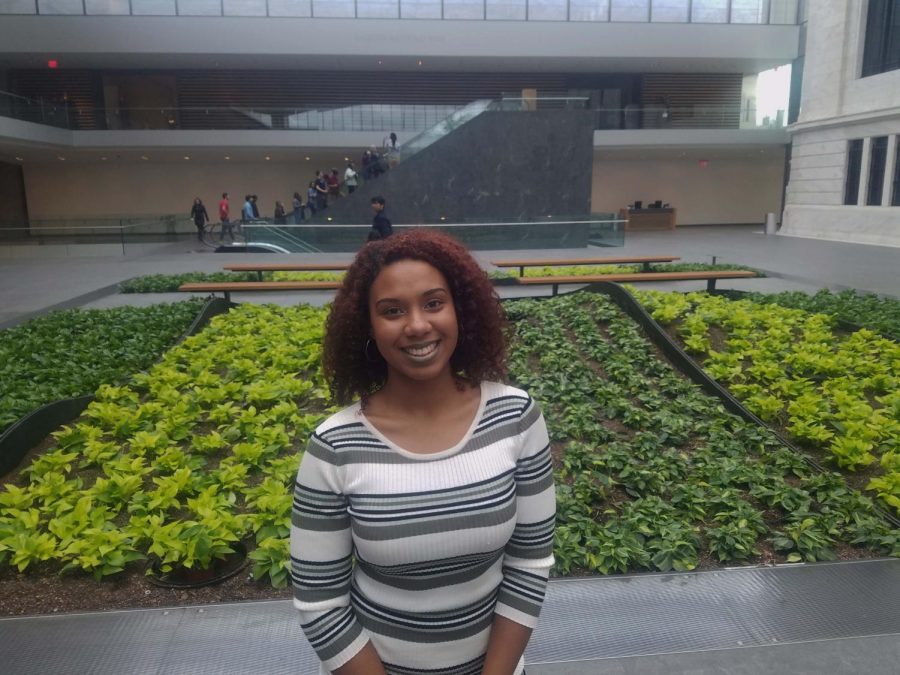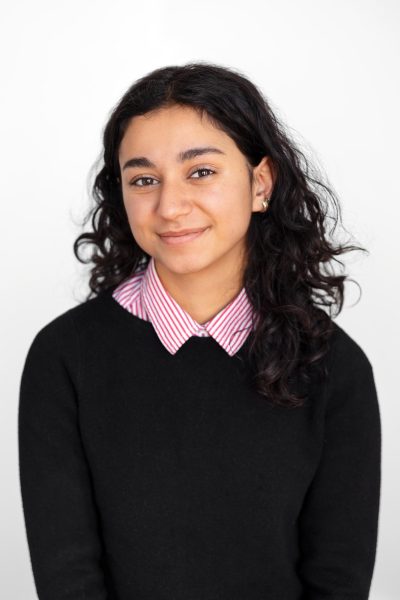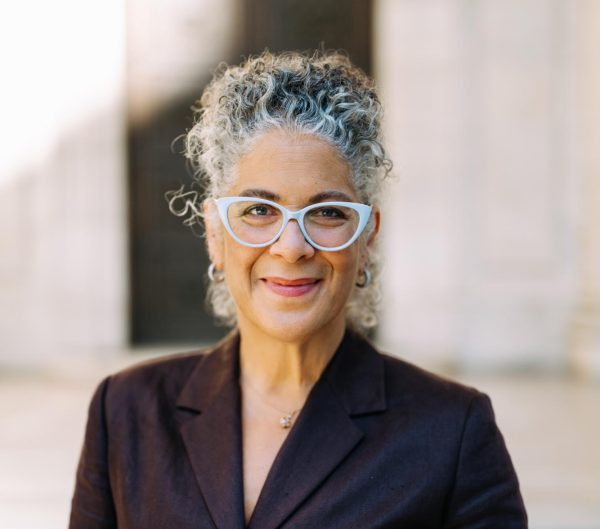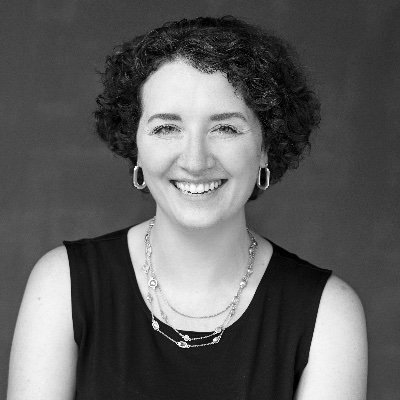Kaitlyn Rivers, Chair of Black Scientists Guild
Photo courtesy of Kaitlyn Rivers
Kaitlyn Rivers
College junior Kaitlyn Rivers is Biology major interested in marine science and conservation. Originally from Florida, Rivers is also the chair of Oberlin’s Black Scientists Guild, a campus organization dedicated to supporting Black students in STEM fields that have historically been dominated by white scientists. As chair, Rivers hopes to build community between Black science students at Oberlin, help them connect with alumni, and help them explore career possibilities. In honor of Black History Month, Rivers is bringing a series of speakers to campus — including some recent Oberlin alumni — to discuss their experiences as Black scientists and connect with students. While the events are specifically geared toward Black and POC science students, all are welcome to attend.
This interview has been edited for length and clarity.
Can you talk about your scientific interests, your and research, and that background?
I’m a bio major, and after Oberlin, my goal is to get a marine science degree … either [a] Masters or Ph.D. — and work with conservation, marine science, so forth and so on. And I hope to have a research lab here my senior year with [Associate Professor of Biology and David Orr Associate Professor of Environmental Studies] Roger Laushman doing conservation work, which is kinda why I got into the Black Scientists Guild. I needed a niche to feel comfortable in the STEM departments, because there are two professors that are Black, so it’s a little rough to find your interests and to find people that look like you.
What kind of community did you find in the Black Scientists Guild?
When I joined, Olivia [Woods] and Daniel [Mukasa] had just revamped it … so it was kind of like an infant at that point, because it had been defunct for a couple of years. And so there were definitely some kinks that needed to be worked out. But there was definitely a nice community of people that knew what classes I needed to take and could tell me where to go besides talking to my advisor. It’s just like peer mentorship, which I think Oberlin doesn’t do a great job of sometimes because people [are] like, “I’m battling against you and in these classes I want to be the best.” But [BSG] was kind of like, we’re all here to support each other in that sense.
How did you become chair?
Honestly, I was involved but I think I wasn’t as involved as I could have been … Olivia and Daniel and I were really close friends, and they were like, “If you want the position, we trust you with it.” And I just kind of ran with it and thought it would be a good idea, one, for me to be open to the community and be more social, and then also [to] have a pivotal role in especially [first-years] coming in to the STEM department and [realizing] you can graduate in four years with a STEM degree and feel confident that you accomplished it, rather than a lot of people coming in their first year, taking classes, and being like, “I hate it here,” and then [dropping] out.
Similarly, can you talk about your priorities as chair and what you’re hoping to get done?
Yeah, I have narrowed them down to finding mentorship from peer to peer. But also mentorship with staff and faculty, and then those outside of Oberlin, which is why I’m bringing outside speakers to come talk to students and [help them] realize that these careers are possible for you with an undergrad degree, with a Masters, a Ph.D., and it’s not just, “Get an undergrad at Oberlin, go to med school, or get an undergrad degree and then, you know, sit there for a couple of years wondering what your job was going to be.” I want people to realize that their faces are visible in STEM and that it is possible to excel past their undergraduate degree and honestly even just make it past their [first] year.
You mentioned the programming and events you put on. Can you talk about that generally and then also specifically about what you have planned for Black History Month?
This is my first [time] event planning for the BSG. Olivia and Daniel did a really good job last spring semester doing the Black Women in Science [event] and kind of got that ball rolling by bringing outside speakers and showing people that these people are visible in STEM, and they do matter, and their careers are important. Then for this event, this is the same thing. I want people to realize that they can have these careers and be successful in them in a whitewashed world, and at the same time realize the possibilities that are beyond Oberlin. I think a lot of us, we go to Oberlin, and we’re like, [this is] such a small place. Where do I go and how do I get bigger when I leave this place? ’Cause you get kind of sucked into a rabbit hole. And for this event, I do hope that … not just Black students, but POC students in general across the campus, and white students as well, walk away with a sense of, “I could maybe contact this person if I wanted to discuss their job or their education if they go to a school that I’m interested in, maybe I could go there and get a reference or discuss what their pros and cons were.” And especially [with] Winter Term, I think Oberlin is really amazing in that we do Winter Term projects and you can have an internship with this person and get experience before you have to dive into the workforce. So if people get Winter Term or summer internships out of it, that’s even better.
What can non-Black students in STEM fields do to support your work and support Black students in STEM departments?
I think attendance at this event would be great. It is catered toward Black and POC students, but I do want all students to come. All students and faculty are welcome, no matter your race, and honestly no matter your background — it doesn’t have to just be STEM students. If you have a friend in STEM, come support them, come meet new people in general and connect yourself socially in the world. I would also say, in terms of being an “ally,” that I think it’s important that … white students at Oberlin realize that POC are a part of the campus and that we do occupy space in your classroom. We might be one out of 50, but we are there, and I feel like acknowledging us and giving us ownership of our position as a major or a minor … is important to make us feel like we are welcomed in the department. A lot of students go in and they feel like they don’t belong because nobody looks at them. Nobody talks to them. And I feel like this is kind of breaking the barrier for that moment.










